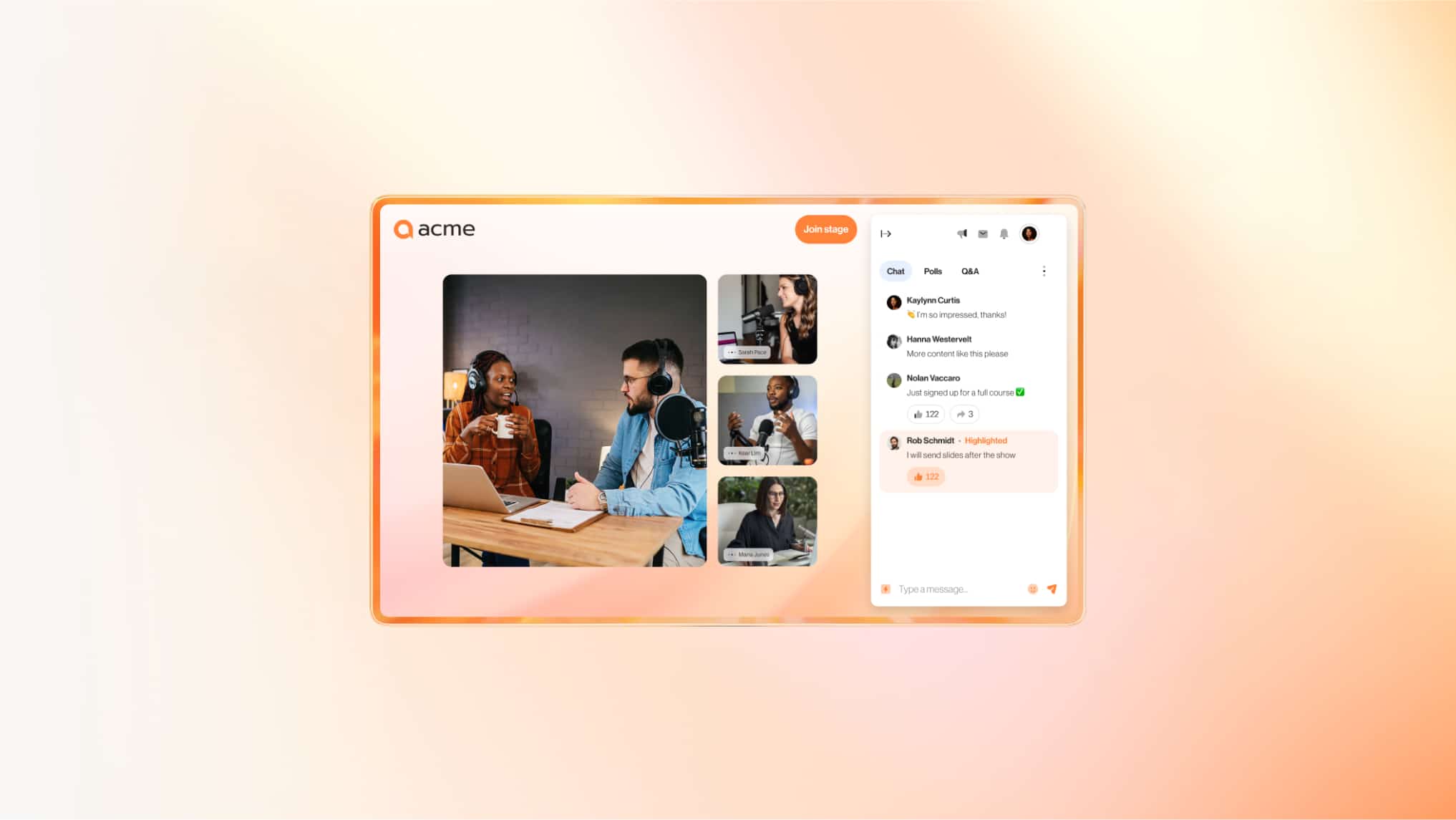As we look toward 2025, virtual events continue to evolve, offering new possibilities for audience engagement and event success. Event planners, marketers, and business leaders seek innovative solutions to stand out in a crowded digital landscape.
With the rapid development of technology, virtual events are more immersive, interactive, and insightful than ever. Here’s a look at the latest trends and innovations shaping the future of virtual events, providing insights into how to stay ahead of the curve and leverage these advancements for your next event.
The evolution of virtual events
The virtual events industry has experienced tremendous growth, particularly since 2020, when the global pandemic forced many organizations to move their events online. Valued at $44.28 billion in 2024, the global events market is projected to reach $231 billion by 2031, growing at a CAGR of 25.30% from 2024 to 2031.
What was once considered a temporary solution has become a powerful tool for engaging global audiences, creating new opportunities for brands, and driving innovation in the event space.
Staying updated with the latest trends is crucial for event planners and businesses looking to deliver exceptional virtual experiences. Understanding how these innovations can enhance attendee engagement and overall event success is critical as technology evolves.
Key trends shaping the future of virtual events
AI and machine learning for personalized engagement
Artificial intelligence (AI) and machine learning are integrated into virtual event platforms to personalize attendee experiences. From recommending sessions based on user preferences to optimizing event logistics, these technologies make it easier for event organizers to deliver tailored experiences that drive deeper engagement. AI also makes it easy to quickly generate polished promotional and social media content and manage Q&A during a virtual event.
Hybrid events as the new norm
Hybrid events, combining physical and virtual elements, have gained significant traction. By offering a blend of in-person and virtual experiences, event organizers can reach a broader audience, cater to different attendee preferences, and increase overall participation. This trend shows no signs of slowing down as businesses recognize the value of creating inclusive and flexible event formats.
Innovations in virtual events technology
Enhanced interactive features
Engagement is critical to the success of virtual events, and new interactive features such as live polls, Q&A sessions, and networking tools enhance attendee participation. These features encourage real-time interaction, making virtual events more dynamic and engaging.
Advanced analytics and data insights
Data-driven decision-making is becoming increasingly important for event organizers. Advanced analytics tools now offer deeper insights into attendee behavior, helping businesses understand what worked well and where there are opportunities for improvement. By tracking key metrics such as session attendance, engagement levels, and conversion rates, event planners can optimize future events for better outcomes.
New formats and creative approaches
Gamification in virtual events
Gamification is proving to be a game-changer for virtual events. Event organizers can increase attendee engagement by incorporating game-like elements such as point systems, leaderboards, and challenges and make events more enjoyable. This approach keeps participants active throughout the event and fosters healthy competition and networking.
On-demand content and flexibility
In today’s fast-paced world, flexibility is key. Offering on-demand content allows attendees to access sessions and resources at their convenience, whether tuning in live or catching up after the event. This shift toward flexible content consumption transforms how virtual events are structured, making them more accessible to a global audience with varying time zones and schedules.
Embracing the future of virtual events with RingCentral Events
The future of virtual events is bright, driven by technological advancements and new approaches to audience engagement. Event planners and businesses that embrace these trends will be well-positioned to create memorable, impactful events that resonate with their audiences.
As the virtual event landscape continues to evolve, it’s essential to have the right tools in place to manage communication and engagement effectively. RingCentral Events offers a comprehensive solution for hosting immersive and engaging virtual experiences. From interactive features to advanced analytics, our platform is designed to help you stay ahead of the curve and elevate your virtual events to the next level.
Originally published Oct 07, 2024, updated Mar 13, 2025











